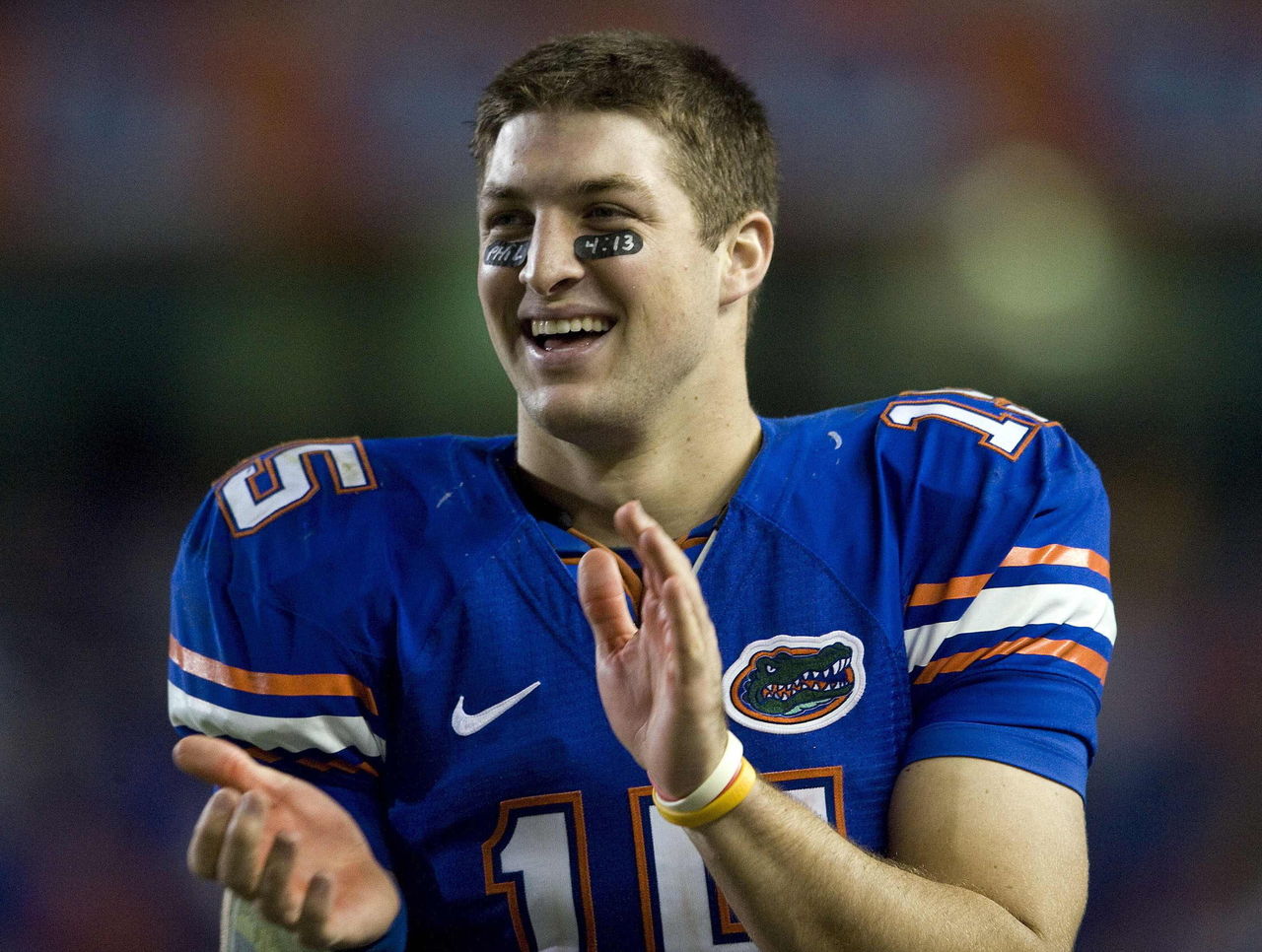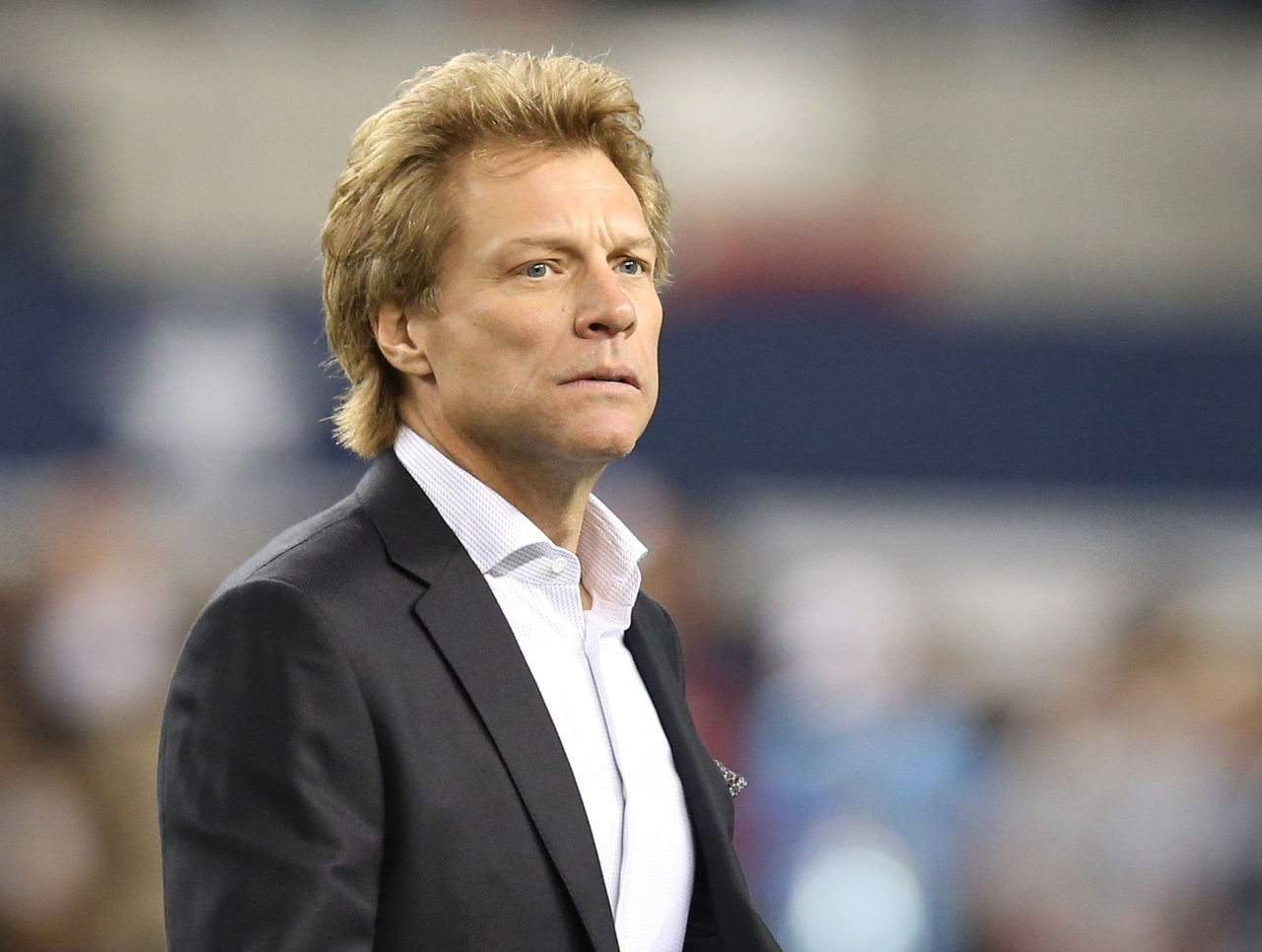Could an alternative league to the NFL survive today?
The XFL would have been 15 years old this month. That is, if it didn't crash and burn after one season.
Truthfully, the league was doomed before it kicked off. Prior to the inaugural game, Jesse 'The Body' Ventura was preparing for commentary, The Rock cut a promo and Vince McMahon proudly proclaimed "THIS IS THE XFL!"
It instantly felt like watching a pro wrestling event and not a football game. That sentiment only grew as the season wore on and it got to the point where it was expected Los Angeles Xtreme backup quarterback Scott Milanovich would turn heel and hit Tommy Maddox with a chair in the "Million Dollar Game."
If not for "The Scramble" that replaced the coin toss, the XFL would have given us virtually no positive memories.
The XFL's intentions were good, but its execution was poor. Football leagues other than the NFL have found success in the past, albeit briefly. The USFL might be the best example and it enjoyed moderate prosperity by attracting some major stars, before it attempted to go head-to-head with the NFL. The league never made it that far and was forced to cease operations after only three seasons.
The question is, could a league like the USFL survive today?
Before answering that, it must be stated that any rival league wouldn't stand a chance of competing with the NFL, let alone overtaking it. The NFL is an unstoppable force in the sports landscape. It's so ingrained in popular culture that signing up for fantasy football and watching the Super Bowl have become second nature.
The NFL, though, went through trying times with its brand this season. Missteps and off-field controversies have damaged the image of the shield, possibly greater than ever before. That's not to say its opened the door for another football league to steal its thunder, but a crack has developed for an organization to stake claim on self-sustainability.
NFL television ratings slipping
The NFL has always been in its own league regarding television ratings. Though recently, fans have started to change the channel.
Thanks to a string of blowouts in 2014, watching prime-time games was about as exciting as a Bill Belichick press conference. This Forbes piece from November details how the NFL lost the Sunday night ratings battle with AMC's "The Walking Dead" for a significant part of the season in the 18-49 demographic. The show topped Sunday Night Football for three of five weeks from mid-October to mid-November, a feat that hadn't happened in five years.
The slide dates back further than that. Nielsen data from September showed overall viewership from those 18-49 vieweres had declined more than 10 percent in the past four seasons and more than five percent in the 18-24 demographic.
Additionally, an NBC News poll showed that 57 percent of football fans disapprove of they way the league handled recent off-field domestic violence issues and 11 percent said they would be less likely to watch the product.
Do those numbers mean the NFL is in danger of losing its juggernaut status? No. But a rival league could capture a portion of that audience.
Marketable players available

The reason the USFL was able to survive for as long as it did was because it managed to bring well-known players into the fold. Doug Flutie, Herschel Walker, Jim Kelly, Steve Young and Reggie White were all stars in college, yet passed on the NFL because of big money offers from the USFL.
Talented players of that magnitude aren't readily available today outside of the NFL, but Tim Tebow, Michael Sam and others are looking for a place to play. Tebow and Sam are both marketable and polarizing. Their presence would undoubtedly get people to tune in.
Sure, there are opportunities in Canada or arena football, but playing in a league with similar rules to the NFL and in the United States would be the quickest way to get noticed.
Passionate and recognized ownership

If the recent sale of the Buffalo Bills taught us anything, it's that celebrities come out of the woodwork when a football team is available for purchase.
Bon Jovi and Donald Trump were in active pursuit and although they didn't succeed, it's hard to imagine they wouldn't want to be involved in another professional league. Trump was an owner in the USFL and was willing to go toe-to-toe with the NFL then. There's no reason to believe he wouldn't want to again.
Any owner hoping to buy an NFL team in the future could use another league as a stepping stone. Prove you can run a successful and stable franchise there and the NFL may be more likely to vote you on board.
If a league were to establish itself in the near future, the NFL may not be opposed if it played in the spring or the summer. It could be used almost as a de facto minor-league system to get a better look at players and coaches.
The task, though, would be daunting and require diligent work from a number of experienced people.
Would it work? That's anyone's guess. But now might be as good a time as any to try.